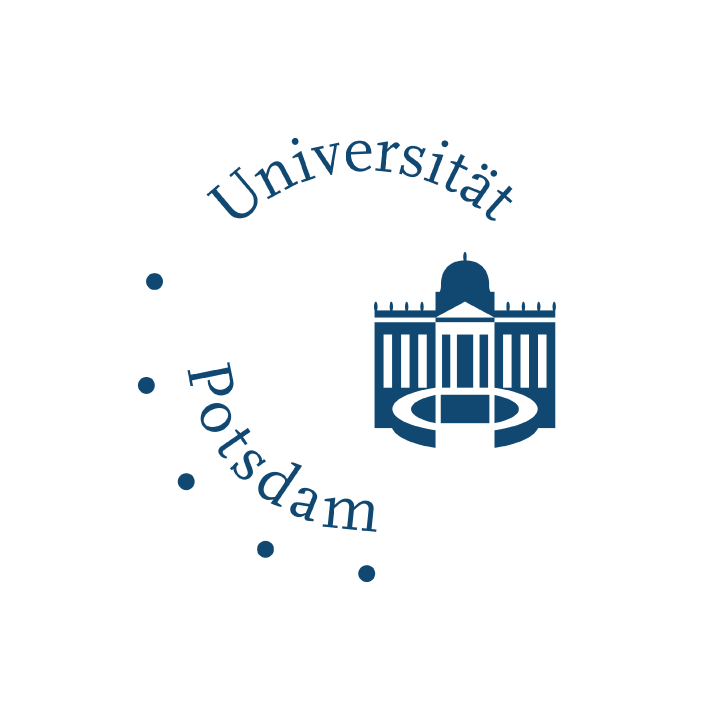Overview
How do women’s arts and literature convey new meanings of body, identity, morality, and sexuality? This culturally diverse course provides an insight into feminist, lesbian, and queer theories and a comprehensive analysis of the achievements of female artists and writers from various races and cultures. Women’s poems, songs, films, interviews, photographs, memoirs, documentaries, short stories, and fine arts will be analyzed from a feminist, lesbian, and cross-cultural perspective that exposes the dynamics of power relations in different cultures. Diverse disciplines, such as the visual, literary, and performing arts, are employed to enable the participants to explore the concept of the gaze both as readers and as viewers and to recognize the limitations of modernist and post-modernist modes of looking, writing, and doing in intercultural contexts.
The course is divided into fifteen lectures that integrate many themes and engage with various theoretical and cultural debates about the female body, pleasure, desire, girlhood, womanhood, motherhood, housework, nudity, femininity, sexuality, beauty, home, exile, gender norms, and lesbian love. It encompasses a wide selection of works by African, American, Arab, English, French, Indian, Irish, Mexican, Swedish, Portuguese, and Turkish female poets, writers, and artists. References are made to Audre Lorde’s ‘erotic as power,’ Adrienne Rich’s ‘lesbian continuum,’ Julia Kristeva’s ‘semiotics,’ Hélène Cixous’ ‘écriture féminine,’ Luce Irigaray’s ‘female jouissance,’ Judith Butler’s ‘gender performativity,’ and Rosi Braidotti’s ‘nomadic subject.’ The interdisciplinary approach of the course will enable participants to break down the barriers between disciplines and cultures and to gain a broad understanding of female creativity and the resistance against patriarchal hegemony.
Course Outline
You can see and download the course syllabus below.
Course Details
Duration
17.04.23- 04.08.23
Credits
3/6
Language
English
Host Institution


